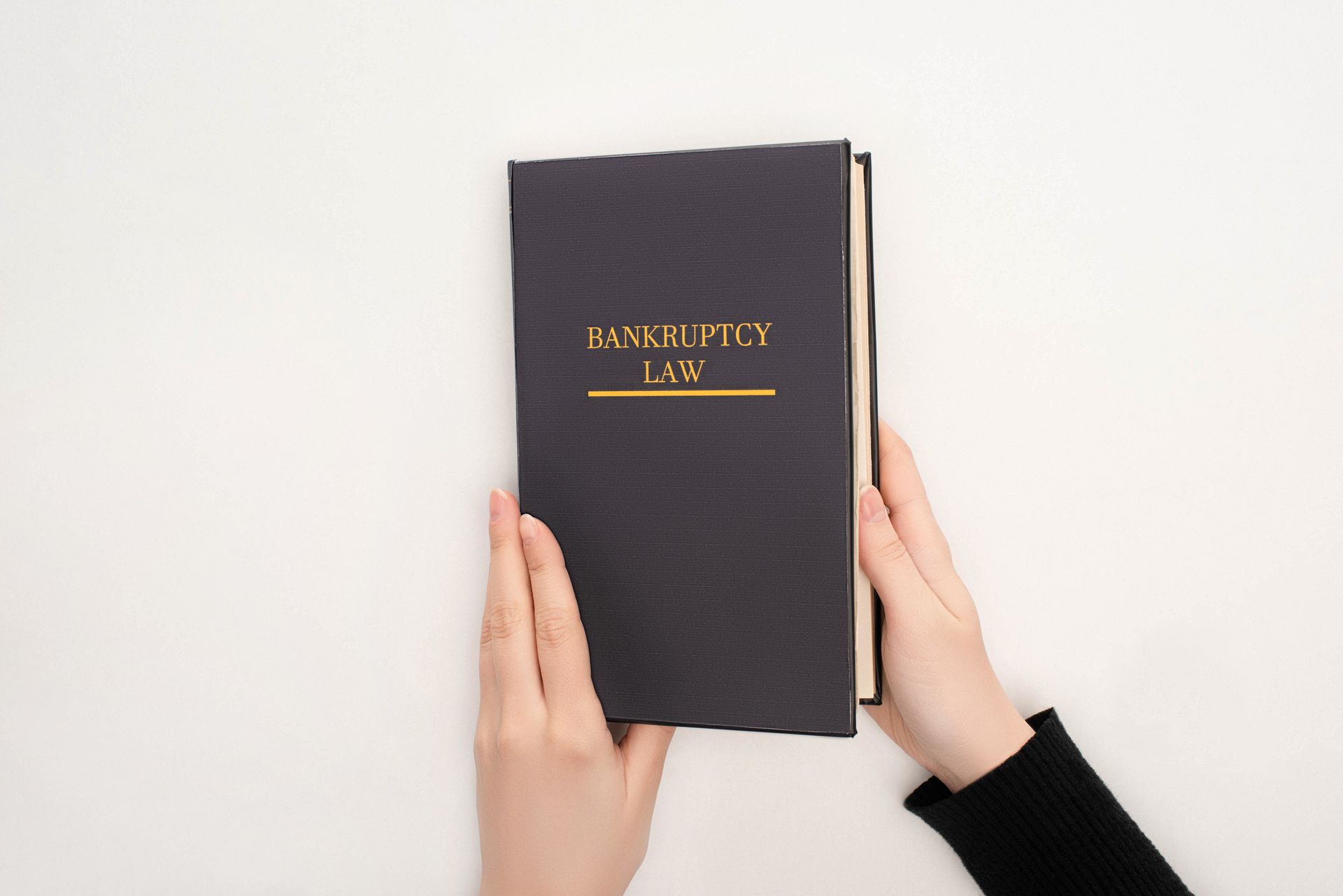How to Approach Bankruptcy When You Have a Cosigner
If you have a loan with a cosigner, and you are considering bankruptcy , there are additional concerns to consider before making your final decision to file a petition.
If You Have a Cosigner When You File Chapter 7 Bankruptcy:
A Chapter 7 bankruptcy discharges most unsecured debts and allows the bankruptcy petitioner to keep secured debts (like car loans or mortgages on their home) if they agree to repay the loan. If a bankruptcy petitioner has a cosigner on a debt when they file Chapter 7 bankruptcy, the petitioner receives a discharge of the debt, but the debt isn’t erased. The cosigner will still be responsible for paying the debt.
Defining “Discharging a Debt” for Bankruptcy Petitioners:
When a Chapter 7 bankruptcy petitioner successfully completes their bankruptcy case, the final action is the court entering their discharge of debt. The Chapter 7 discharge of debt generally applies to unsecured loans and debts like hospital bills, other medical bills, credit card balances, personal loans, etc. When the court enters the discharge, the bankruptcy petitioner’s liability on their dischargeable debts is gone, but the debts are not gone. No longer being “liable” for the debt means that the bankruptcy petitioner is no longer legally responsible or obligated to repay the debts, and collectors are no longer legally able to collect from the bankruptcy petitioner on the debts. However, the discharge does not erase the debt or make it disappear. Any other person who is liable for any of the debts discharged in the bankruptcy, like a cosigner, is still responsible for paying the full balance of the debt unless they were included as a joint filer in the bankruptcy.
Disclose Cosigners In Your Bankruptcy Filing:
Bankruptcy petitioners are required to disclose any cosigners on debts included in their bankruptcy. The required bankruptcy paperwork includes Schedule H where petitioners are required to list any co-debtors, co-borrowers or cosigners. The information is used by the bankruptcy court to notify any cosigners of the bankruptcy filing.
If you need to file bankruptcy and you have questions about how it may affect your cosigners, call Ken Rannick at Kenneth C. Rannick P.C., Tennessee, and Georgia bankruptcy attorney. We help good people through bad times.
The post How to Approach Bankruptcy When You Have a Cosigner appeared first on Kenneth C. Rannick, P.C..










